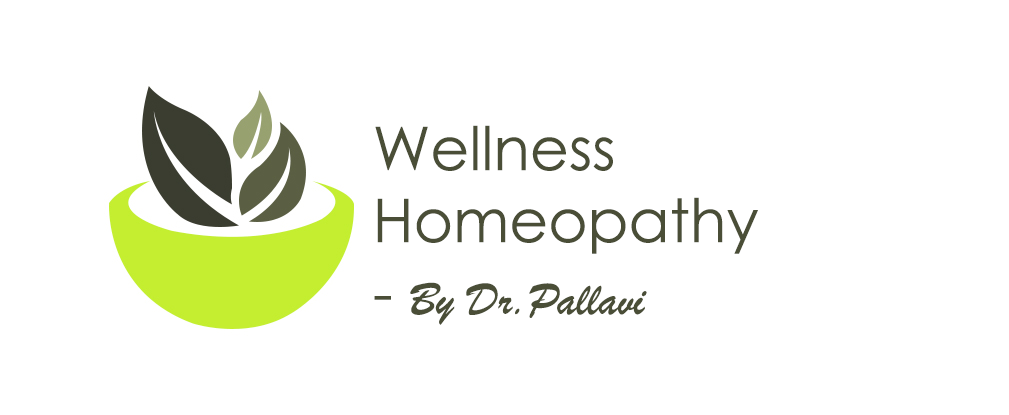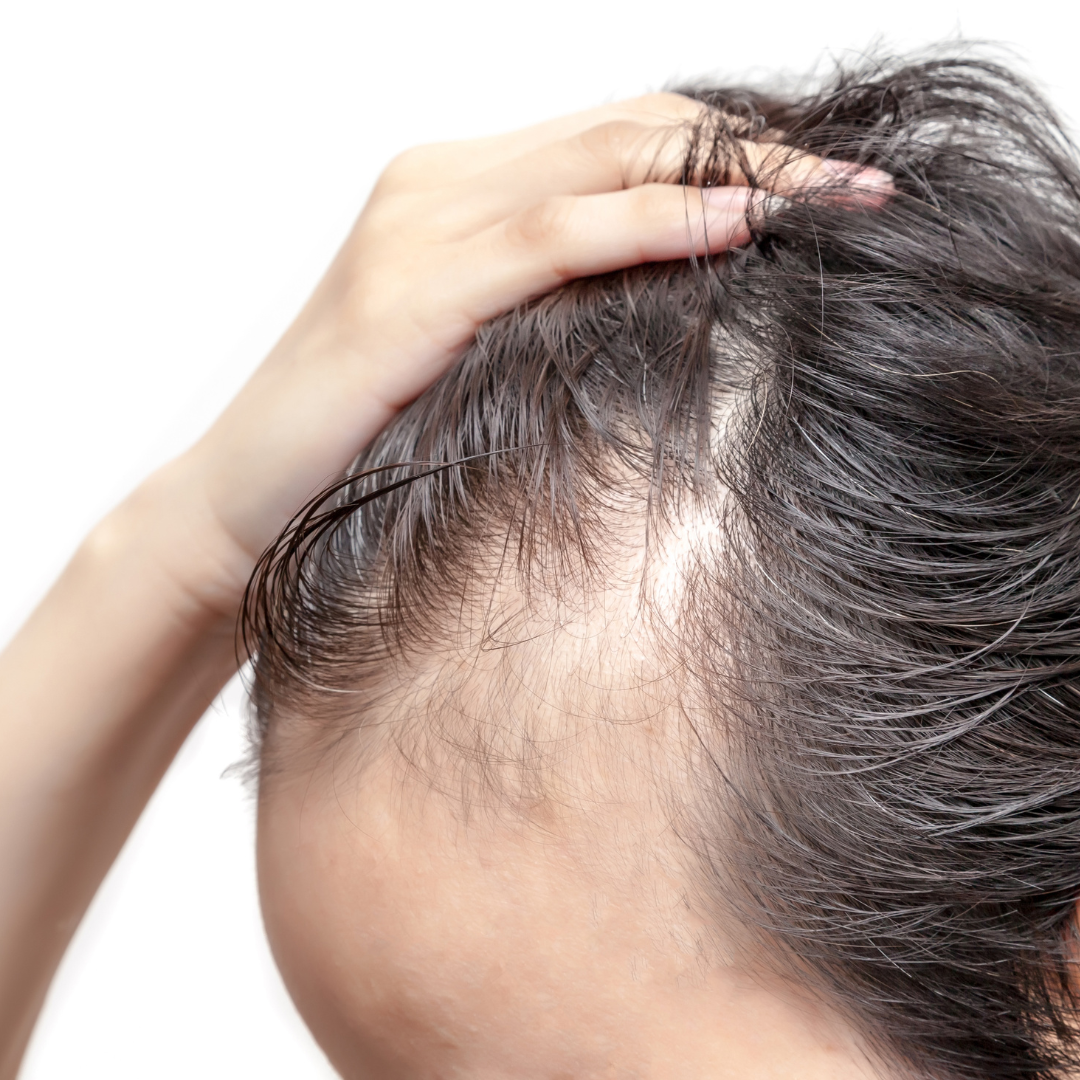
Hair fall is also known as Alopecia or Baldness. It is defined as loss of hair from the head or body. It can be local or generalized. According to a survey done in 2014, worldwide approximately 35 million men and 21 million females suffer from hair loss. Every 1 in 5 Americans are suffering from baldness, the majority being men. According to ISHRS: 635,189 Hair restoration surgeries were performed in 2016, with more than 195,000 procedures done in Asia itself. The hair restoration industry is a big business and there has been a more than 60% rise in the hair restoration industry since 2014.
The average adult head has about 100,000-150,000 hair.Hair follicle growth occurs in cycles- Anagen(short resting phase), Catagen (short transitional phase),Telogen(short resting phase), Exogen (fall out phase).Around 80-100 hair fall per day is considered normal when more than 100 hairs fall per day- it can be considered as Clinical Hairloss.

Types of Hair Loss:
1: Androgenic Alopecia is also known as Male pattern Hairloss – Receding hairline & loss of hair on head’s crown so the hairline keeps on shrinking from the temples. This type of hair fall starts as hair loss from the crown and ultimately leads to total head hair loss. The causes are generally Genetics & male hormone dihydrotestosterone.
2: Alopecia Aerata – It’s an autoimmune disorder where the immune system of the body targets the hair follicles, disturbing the natural hair growth. Such type of hair loss is oftentimes related to other autoimmune conditions like ulcerative colitis, R.A, Lupus, Vitiligo, thyroid diseases, Allergy.
3: Alopecia Totalis– An autoimmune disorder resulting in total head hair loss. The reason for this type of hair loss is not yet clearly known but its believed to be caused because of an immune system problem.
4: Alopecia Universalis – Total hair loss all over the body; Loss of scalp, eyebrows, eyelashes, body, nasal, pubic hair. Again the exact cause is unknown but its believed to be of autoimmune origin.
5: Traction alopecia – A condition where the hair loss occurs from damage to the hair follicle and papilla from continuous tension/pulling over lengthy periods of time. Most commonly found in people with ponytails or who tie their hair with excessive force.
6: Trichotillomania- A psychological disorder is most commonly seen in children where a person pulls out their own hair.
Reasons for Hair Loss: Hairloss can occur because of various reasons like Hormonal imbalance (abnormal levels of the male hormone DHT), Genetics, Stress, Drugs (chemotherapy, BP drugs, Birth control pills), Autoimmune diseases (As seen in Alopecia Areata and Universalis), Traction, Injury, Diet, Medical conditions, Infections, and Cosmetics (like excessive use of shampoo or using strong shampoo regularly).
Diagnosis of Hair Fall is done by various tests like The pull test, The Pluck test, Scalp Biopsy, Trichoscopy.

Treatment under Conventional medicine includes Medications like Minoxidil(helps in male pattern baldness), Finasteride, Corticosteroid Injections, Immunosuppressants (in case of Autoimmune disorders), Hormonal modulators(oral contraceptives/anti-androgens can be used in female pattern hair loss associated with hyperandrogenemia).Surgical Treatments: Hair transplant surgery(performed under local anesthesia,4-8 hrs procedure & may require additional sessions), Follicle transplants, Scalp flaps.
All the treatment options listed above help in hair restoration but they do come with respective side effects, are expensive and surgeries generally have the risk of infections.So, what other lifestyle measures should be taken to restore hair before thinking about surgical interventions?
Below mentioned are some steps you can take to reduce or even stop the hair fall.

1:Diet -Right balance of nutrients helps in keeping hair healthy, strong & plays a vital role in reducing hair fall.The below are mentioned are the top foods for hair health:Spinach – Spinach is not only rich in iron but its abundance in beta-carotene,omega3 fatty acids, magnesium, potassium,calcium& antioxidants.
Nuts – Nuts are a good source of omega3&6, Vit E, Zinc, Selenium. Especially sunflower seeds which are rich in vitB5(pantothenic acid), it helps promote blood flow to the scalp.
Eggs – Eggs are rich in B vitamin(biotin),protein&sulphur.Hair, nails and outer layer of skin is made up of keratin, so eating enough protein will help strengthen hair & will prevent it from damages. (Fact: biotin deficiency is not as common as its popularised nowadays, biotin is really readily available in most of the foods like egg yolk, soybean, fish, mushroom, etc; so biotin supplements/shampoos are needed only by people who are actually having biotin deficiency).
Lentils– These are full of protein, iron, folic acid & aids good bacterias in the gut.
Yogurt-Go for greek/full cream yogurt instead of low fat/sweetened ones.Yogurt is full of calcium,vitB5, potassium,omega3,magnesium,zinc & selenium-power-packed!
VitC– Helps in iron absorption in the blood, strengthens the immune system, helps in the synthesis of collagen. Vit C is found in foods like Bell peppers, Lemon, Orange, Amla.

2:Topical Hair Treatments & hair washes: Hair oil massages with coconut oil/olive oil helps improve blood circulation to scalp & strengthen hair roots.Applications of hair pack made with Egg, Yogurt & honey provide hair with good protein & fat. Adding honey gives an antibacterial effect.Heena, when soaked overnight and applied the next morning also, helps strengthen hair.Hairwash with Sulphate free & mild shampoo. Do not wash more than 3 times a week so that you don’t make your scalp too dry by washing away the body’s natural oils.

3:Lifestyle changes: Our lifestyle has a huge impact on our mental and physical health, some of the changes which should be included in everyday routine are :
Stay happy & stressfree– Stress affects our mind and body deeply, most of us are dealing with some kind of stress today so what can be done to be at peace and happy: Include 10 mins of Morning and nighttime Meditation, every day, be grateful and happy for what you have… its always Mind over Body.
Exercise – 30 to 40 mins- 5 days a week of some form of exercise should be a must… I’m a yoga lover and I have seen tremendous results with Yoga… so start with 15 mins of Yoga Asanas every day and you will soon appreciate the results! Sleep- Don’t miss those dreams baby… get a good sound sleep at night. It helps our body to recover from the full-day exertion.

4: Supplements: When a person is suffering from a lot of hair fall or thinning, its a reminder from our body that it needs more nutrition… So, start with supplements along with a healthy diet but its always good to have a chat with your physician if you’re not sure.Some of the supplements which work amazing for hair growth are :
Zinc- its a mineral needed for good health, repairing body tissues and supporting the immune system- go for organic triple zinc supplements.
Vit E- This one helps in hair, skin,eye& heart health- go for organic Vit E supplements & fish oil capsules.
Vit C – It’ll help in boosting up your immune system and in the absorption of iron from food.
Multivitamin- Eating a well-balanced diet is very important but if you feel that your body might be needing some additional multivitamin – go for the organic ones after consulting your physician. Go for natural/non-synthetic supplements(I’ll soon write a blog about how to identify synthetic supplements). Start with one supplement for 4-6 weeks and then switch to another one like start having zinc for 4-6 weeks and then switch to VitC/E. Remember that supplements can only give you the results if a proper diet is taken as well.

Natural medicines – Natural medications like Homeopathy have proven to be really effective for alopecia; consult a qualified Homeopath rather than doing the book reading and self-prescription.
Some homeopathic medicines like Lycopodium, Silicea, Kali carb are quite effective for hair loss but homeopathic medicines should always be taken by prescription so that the right medicine is given in right potency.

When to See a Doctor?
Sometimes the hair fall is because of some underlying disease that needs to be treated in order to control the hair loss. So, its recommended to see your doctor if along with Hairloss(head) there is accompanying Acne/Facial Hair/Fatigue/ Itchy scalp/Pregnancy- these conditions may be related to an undiagnosed Hormonal imbalance / Scalp Infection/Pregnancy.
A healthy lifestyle is a key to maintaining good mental and physical health; Proper nutritious food, staying happy, exercising regularly and supplementing if you need will definitely reduce the hair fall and will improve your overall health. If after all these measures, you still think that going for the surgical restoration of hair will help boost your self-confidence and self-image than you should definitely at least go for a consultation to know your options better!

